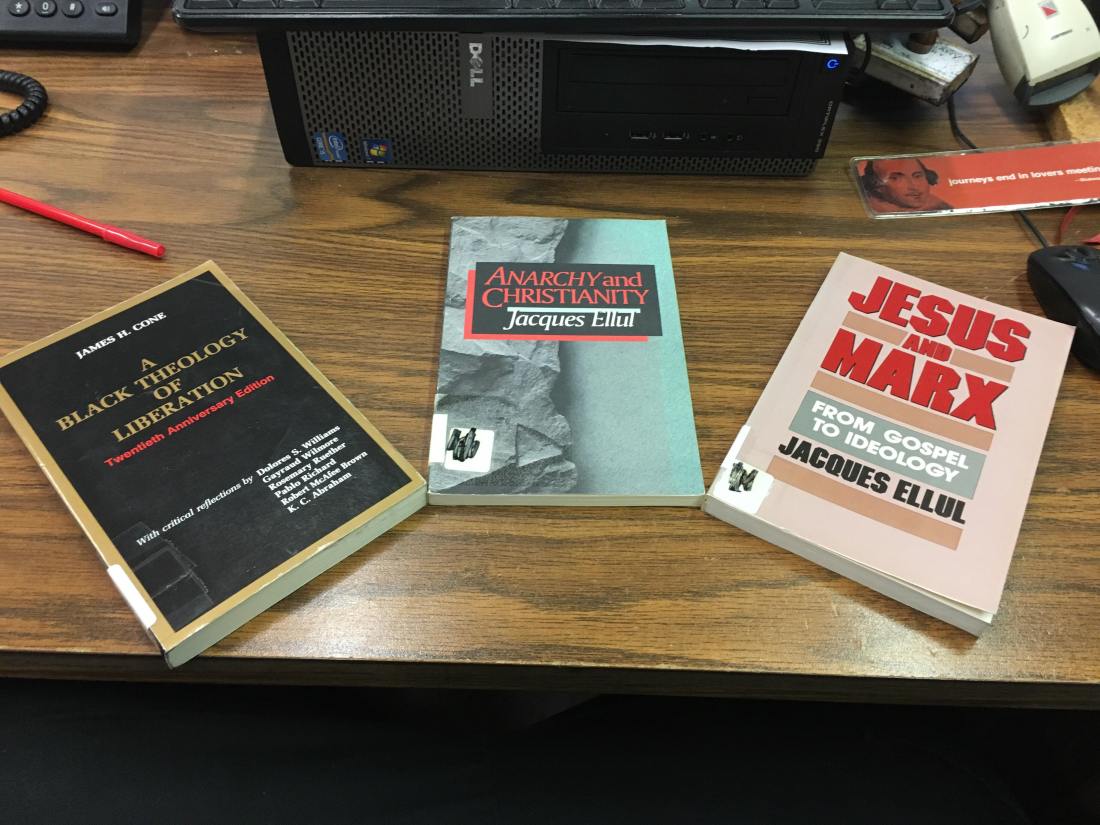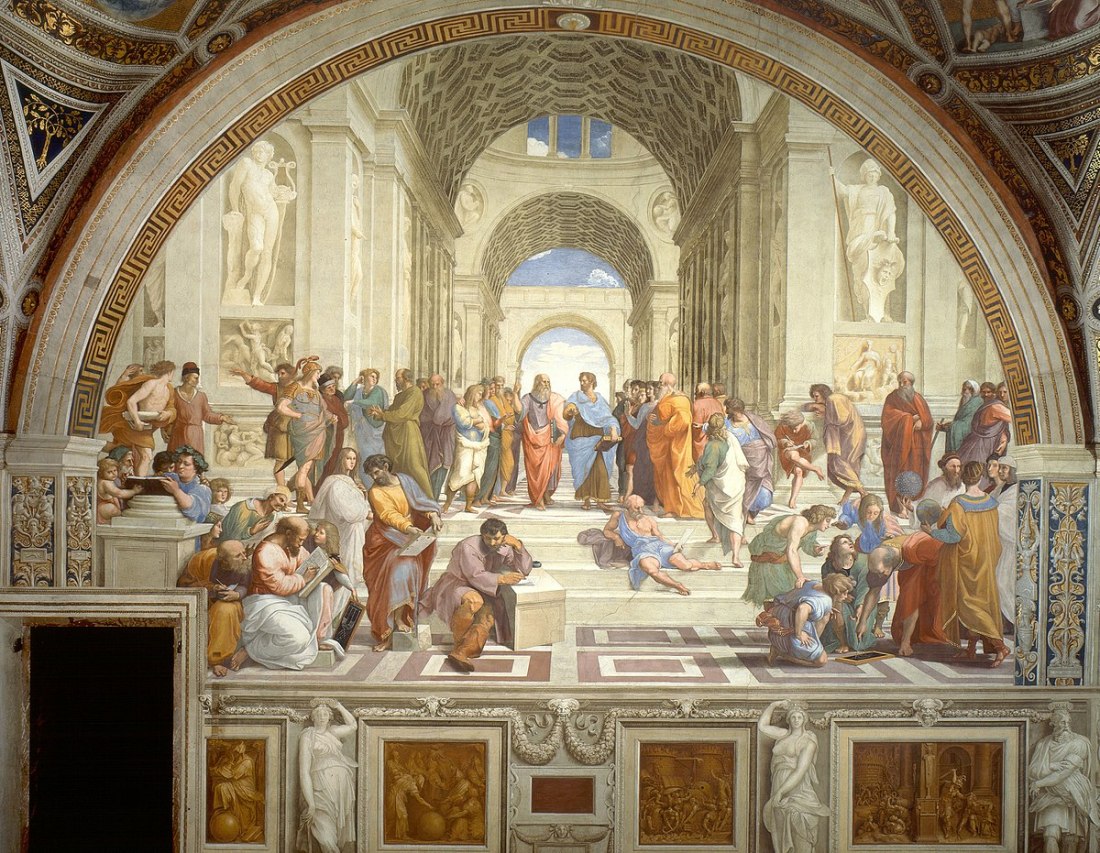
This morning at the library, I turned in my white privilege theology of Eastman, Chardin, Hinlicky, etc. along with the privilege based works of Evans and Riley. Do these adjectives denote a negative opinion I have of these authors? No, but these writers and theologians speak to a demographic that wants me nowhere near their lawn, and will put up the necessary gates to get across the message that I and my people are not welcome. Forget about sitting at their table and having a conversation, we should be blessed to have their shadows pass over us and give glory to Jesus for the opportunity to be patronized with their noblise oblige.
The reason I even read these works was motivated by the example of Jesus to the Sadducees in Matthew 22:23-33. The Sadducees were a religious group on the opposite end of the theological spectrum to the Pharisees. They did not believe in an afterlife, there is no such thing as angels and demons, and they only used the Torah.
In this section of the Gospel, the Sadducees used an argument to counter the Pharisees’ teaching of a literal resurrection of the dead. A woman marries a man, but he dies without having children. According to religious tradition the brother takes his brother’s widow, and the first son they have is to carry the name of the deceased brother. The scenario the Sadducees created involved seven brothers taking the same wife and dying without a son, and eventually the wife dies. Because of the seven marriages whose wife would she be at the resurrection? Jesus dismantles the Sadducees’ argument by quoting Exodus 3:6 when God tells Moses, “I am the God of your father, the God of Abraham, the God of Isaac, and the God of Jacob.”[1] Jesus then subverts the argument by telling the Sadducees that God “is not the God of the dead but of the living.”[2]
When I first read this passage, I was inspired. If I am to undo Christianity then I must use the religion’s books and its teachers. I also took that reasoning outside of Christianity and applied it to any inhumane system crossing my path. In theory this practice works and has made me a formidable opponent, but in application, I have either been kicked out of institutions or asked to leave—many of those instances were based on lies to give the leadership an excuse to remove me from their space.
Such as what happened yesterday except I was not kicked out but threatened to be kicked out if I wrote another disparaging word against groups or institutions who willfully destroy the things I hold sacred. I am well versed in laws concerning defamation and libel, and I chose my words carefully to avoid legal recourse from the people mentioned because they would rather throw someone under the bus than be held accountable for their actions and words. However, these present groups have the money, or backed by money, and they call the shots in my space so I am not mentioning names and groups. Also there are two friends in this space I have known ten to twenty years, and they betrayed me by taking what I have written to their higher ups for an attaboy and a pat on the head. I hope the adulation and the promise of illusory job security was worth losing my friendship and respect.
Yesterday, I was told I have no voice and treated as a liar when I addressed my concerns as I had been addressing them since March; but with no action taken. Because they have not seen such problems with the groups involved, the problem, therefore, did not exist. However, they believed the lies the outside group told about me, and I was threatened with removal.
So now I am done. For the sake of my degree, I will read and regurgitate the books we have, but outside, I will have nothing to do with the authors. I went to the writers who speak to me like Dr. Daniel White Hodge, Dr. Anthony Pinn, Michael Eric Dyson, James Cone, and Jacques Ellul to name a few. I have been drawn to Black theologians and writers as well as to the writings of anarchists like Tolstoy and Ellul because these people addressed issues I am facing and enduring. Then I came across James Cone and Black Liberation Theology in my undergrad, and I felt electricity rush through my body as I read his words. I grew up poor and working class, but my skin is white. I was marginalized and continue to be marginalized because of my current and past socio-economic status, but I have not experienced the level of marginalization my friends of color experience regardless of their socio-economic status. What I saw in Cone as well as Hodge, Pinn, and Dyson was empathy, understanding, but what is more is they gave me language to speak.
Using the books and teachers of the privileged is a work of futility unless I am willing to become their sycophant as well as give them permission to dictate what I can say and think so I can dress properly for their functions; but they will never miss the opportunity to politely tell me that I am just a visitor and my presence gives them relevance and social credibility. In simple words, I am a convenient sales pitch. So I will keep quiet and accomplish my present goal until such a time I can kick their dust off my feet.
[1] Holy Bible: New American Standard Bible. 1995. LaHabra, CA: The Lockman Foundation.
[2] Ibid.

